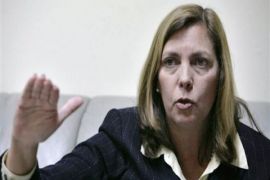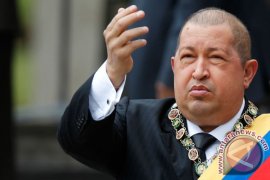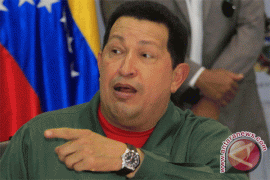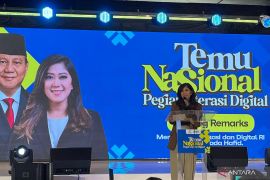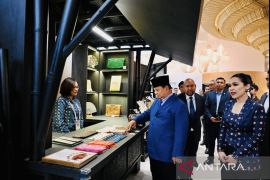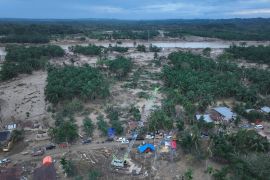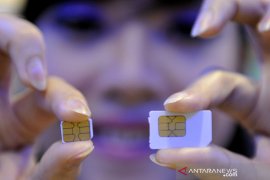"They released me around 1:00 pm," Ferrer said by telephone from his home in the town of Palmarito de Cauto, in the province of Santiago de Cuba, 900 kilometers (550 miles) southeast of Havana.
"Physically I don`t feel well, but my spirits are high," said Ferrer, 41.
Ferrer, leader of the banned Patriotic Union of Cuba (UPC), was arrested on April 2 along with 42 activists in a crackdown on protesters in Santiago de Cuba after the pope visited the island.
The group was arrested after protesting the detention of a dissident who chanted anti-government slogans during the pope`s visit in late March. Most were released after a few days.
Ferrer said that police told him he could wait at home for a trial on disorderly conduct charges, although no date has been set. The police also warned that they would be monitoring him.
"They told me that the activities that I instigate, organize and finance are actions against the revolution that cause public disorder, and that if I continued they would ... take me back to prison," Ferrer said.
However if he limited his opposition to writing behind closed doors, then the authorities told him that they could dismiss the case.
Ferrer vowed to continue with his outside activities.
While in detention, Ferrer went on a three-day hunger strike complaining about prison food. He ended his protest when prison officials let his wife bring food.
Ferrer was one of dozens of dissidents sentenced to prison in 2003 but was released in 2011 through the mediation of the Catholic Church.
About 130 political prisoners were freed as a result of that dialogue. Most left for Spain, but Ferrer and 11 others refused to leave their homeland.
Havana considers dissidents "mercenaries" in Washington`s pay. (*)
Editor: Kunto Wibisono
Copyright © ANTARA 2012
